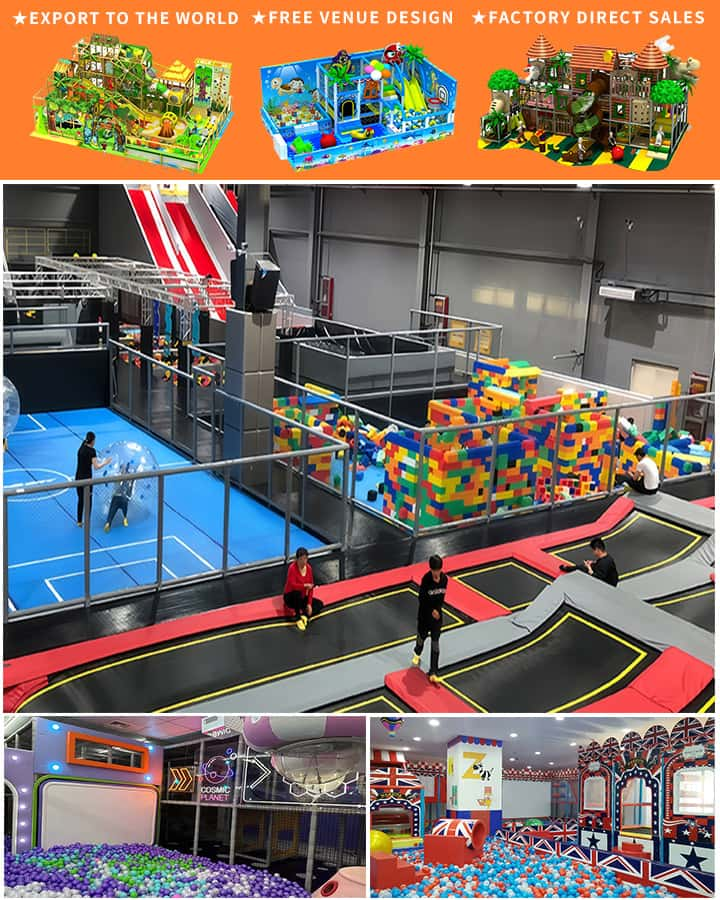Incorporating math into kids’ playtime can be both fun and educational, making it easier for young learners to grasp complex concepts. Traditional classroom settings often emphasize rote memorization, which may not engage all students effectively. By integrating math into playground games, children can learn and practice mathematical skills in a dynamic, enjoyable environment. Here’s how incorporating math into playground activities can make learning more engaging and effective.
The Benefits of Math-Based Playground Games
Interactive Learning: Playground games that involve math allow children to interact physically and mentally, enhancing their cognitive and motor skills simultaneously. For instance, counting steps while hopping or measuring distances when running turns physical activity into a math exercise.
Social Interaction: Playing math-related games promotes teamwork and cooperation among children. Group activities like relay races that require solving math problems or counting can help build social skills as kids communicate and collaborate to achieve common goals.
Real-World Application: Integrating math into playground activities helps children see the real-world application of what they learn in school. Measuring heights on slides, estimating distances on tracks, or calculating scores foster an understanding of how math is used in everyday life.
Popular Math-Themed Playground Games

Math Relay Races: Organize a relay race where each station involves solving a math problem before moving on to the next. For example, one station might have addition problems, another subtraction, and yet another multiplication. This not only encourages quick thinking but also adds an element of competition and excitement to learning.
Treasure Hunt Math Challenges: Create a treasure hunt where children solve math clues to find hidden objects around the playground. Each clue could be a riddle involving addition, subtraction, or even simple multiplication, making the activity both intellectually stimulating and adventurous.
Shape Hopscotch: Design a hopscotch grid with different shapes drawn on the squares. As children hop from one shape to another, they must identify the shape and count the number of sides. This game reinforces geometry and counting skills while keeping the kids active.
Number Tag: Play a variant of tag where each child has a number assigned to them. When a tagged child calls out an equation, others must solve it quickly; if they get it right, they’re safe. This fast-paced game sharpens mental calculation skills and keeps everyone on their toes.
Estimation Contests: Have estimation contests for various playground activities, such as guessing how many steps it takes to go around a track or estimating the height of a climbing wall. Children can then measure their guesses against the actual measurements, learning about estimation and measurement in a hands-on way.
Tips for Parents and Educators
Keep It Simple: Start with basic math concepts like counting, addition, and subtraction before progressing to more complex topics. Simplicity ensures that children do not feel overwhelmed and can enjoy the learning process.
Use Visual Aids: Incorporate visual aids like number charts, shape outlines, or color-coded cards to make the games more intuitive and engaging for younger children.
Encourage Team Effort: Encourage children to work together and support each other. Team-based math games can build confidence and make learning a collective experience.
Adaptability: Modify the games based on the age and skill level of the children. Younger kids might benefit from simpler counting games, while older kids can handle more complex equations and strategic challenges.
Conclusion
Turning the playground into a math haven can significantly enrich children’s learning experiences. Through interactive and engaging games, kids can develop essential math skills without the pressure of traditional education methods. By merging play with learning, we create an environment where children are motivated to explore math in a fun and meaningful way. So, let’s bring out the chalk, draw some numbers, and watch as the playground transforms into a vibrant classroom under the open sky!




